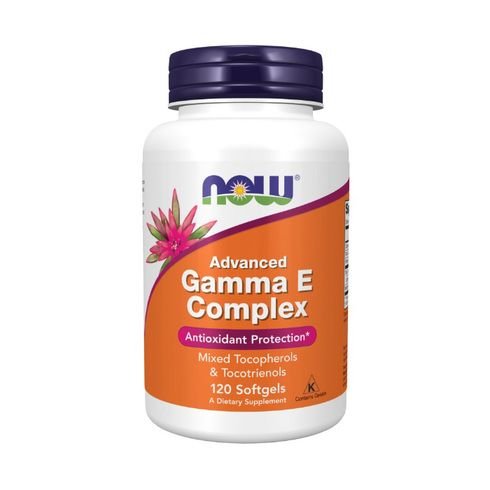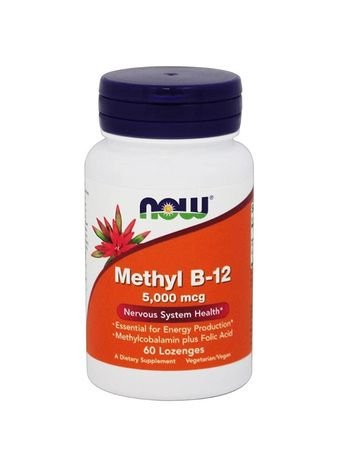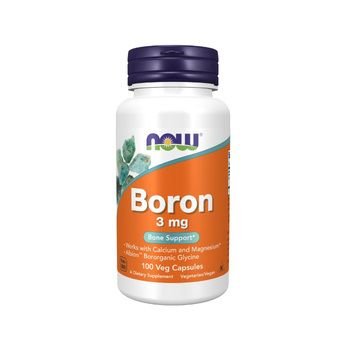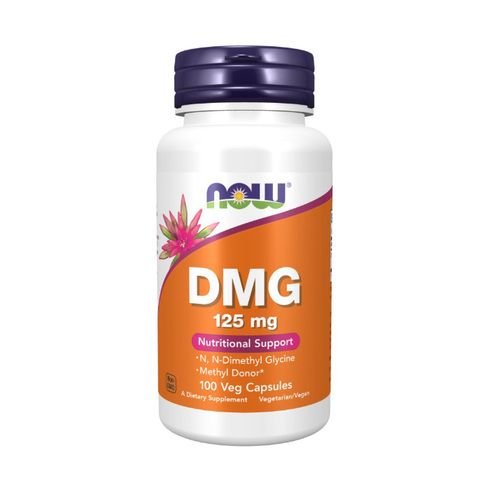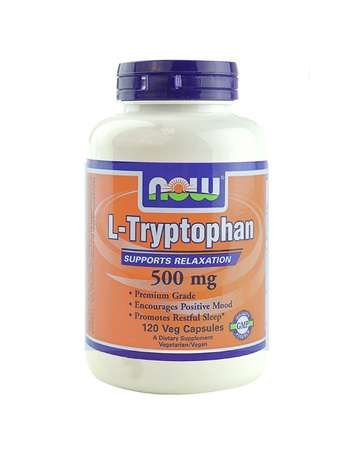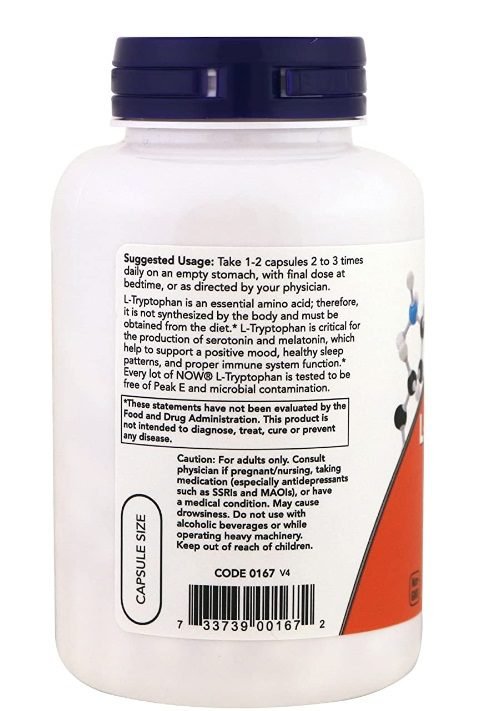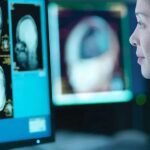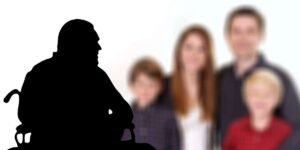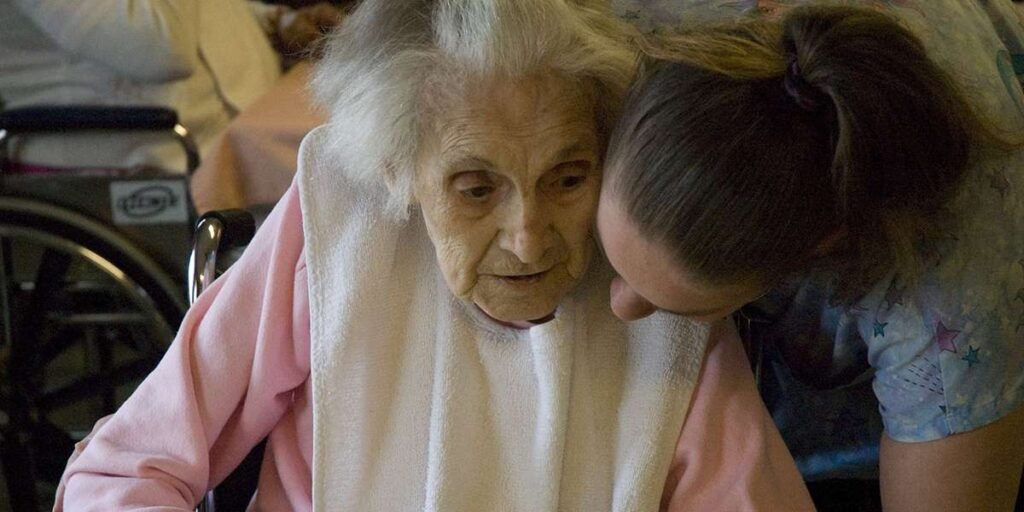
Dementia is not equal to Alzheimer’s disease
As we grow older, the aging of brain cells causes the elderly to become forgetful, such as often forgetting to take things out, forgetting to turn off the gas, unable to remember the names of friends, etc., and even begin to doubt whether they are suffering from dementia.
However, dementia is not the same as normal aging. It not only causes people to completely forget what they have done, but also causes problems such as inattention, lack of judgment, and deterioration of language skills.
Let us take you to understand the common symptoms and types of dementia, and explain the symptoms that may occur in different dementia patients according to the stages of dementia.
What is dementia?
Dementia is a disease of persistent cognitive decline caused by brain neurological diseases, systemic diseases, or due use of addictive drugs. Affected patients will face a comprehensive loss of mental abilities, such as thinking ability, judgment, memory, sense of space, and rationality.
Dementia usually occurs in people over age of 65, but very few patients will develop dementia around the age of 30-50, also known as “young-onset dementia”.
Not just memory loss! 10 common symptoms of dementia
The following are the common symptoms of dementia. If the elders in the family have these symptoms, please seek medical treatment as soon as possible, and ask the doctor for further treatment:
- Memory loss that affects life
- Unable to properly handle previously familiar affairs
- Diminished ability to plan things or solve problems
- Easily confused about time and place
- Difficulty speaking or writing
- Difficulty understanding the relationship between visual images and space
- Misplacement of things and loss of ability to look back
- Poor judgment
- Not interested in working or socializing
- Significant changes in mood and personality
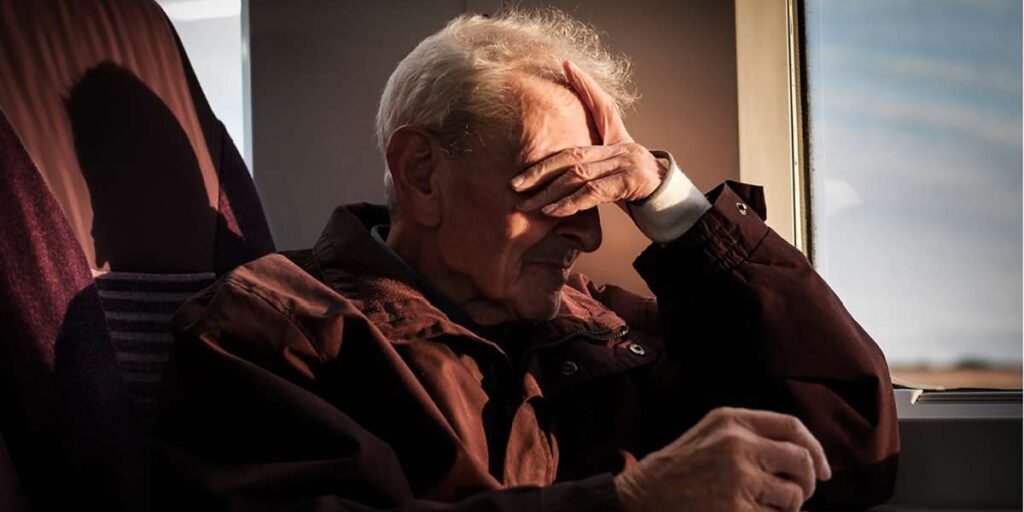
Is dementia Alzheimer’s disease? 5 types of dementia
Many people think Alzheimer’s disease is equivalent to dementia. In fact, it is only one of its dementias. Others include vascular dementia, Lewy body dementia, and frontotemporal dementia. and dementia caused by other factors. The following will explain the causes and symptoms of the 5 types of dementia in detail:
- Alzheimer’s disease
In 1907, by a German psychiatrist Alois Alzheimer published the case of “senile dementia”, and later named the disease after him.When β-amyloid peptide is excessively deposited in the brain, it will activate the immune cells Microglia and the signaling regulatory cells Astrocyte in the brain, causing inflammation. The reaction eventually leads to the necrosis of brain nerve cells, leading to Alzheimer’s disease. Common symptoms of Alzheimer’s patients are memory loss, hallucinations, and impaired judgment. In the later stages of the disease, patients may also experience Parkinson’s symptoms, such as body stiffness, hand tremors, and unsteady walking. - Vascular dementia
Vascular dementia stems from cerebral apoplexy or chronic cerebrovascular disease, resulting in poor blood circulation in the brain, which in turn leads to brain cell damage. Generally speaking, about 5% of patients who have had a stroke will suffer from vascular dementia. Once the disease occurs, the patient’s cognitive function may suddenly deteriorate, accompanied by slow movement, unsteady gait, emotional ups and downs or depression and other mental illnesses. - Dementia with Lewy bodies, DLB
When the protein α-synuclein is abnormally deposited in the brain, it may lead to degeneration of cognitive function and suffer from dementia with Lewy bodies. Dementia with Lewy bodies tends to occur in the elderly over 70 years old, and is the second most common degenerative dementia. In addition to cognitive dysfunction, the common symptoms may also appear Parkinson’s symptoms, including hand tremors, difficulty walking, stability to balance their body, unexplained falls, etc., and even obvious visual and auditory hallucinations, emotional instability or delusions and other mental symptoms. - Frontotemporal disorders, FTD
When the frontal and temporal lobes in the brain gradually shrink, the cranial nerves will degenerate, leading to frontotemporal dementia. Among all patients with frontotemporal dementia, about 40% have a family history of dementia. 10% are dominant inheritance; its prevalence is second only to Alzheimer’s disease and Lewy body dementia, and it usually occurs in middle-aged and elderly people over the age of 50, and it is one of the slowly progressive neurodegenerative diseases. In addition, unlike Alzheimer’s disease, where memory impairment is the main symptom, emotional and behavioral abnormalities characterize frontotemporal dementia (such as talking all the time in a quiet place), executive function impairment, or language barriers. It is often not easy to distinguish from mental illness. - Dementia due to other factors
Some dementias are caused by specific reasons, which may recover after treatment. The causes of this type of dementia can be divided into the following 4 types:- Abnormal metabolism: such as hypothyroidism, electrolyte imbalance, etc.
- Nutritional disorders: such as lack of vitamin B12, folic acid and other nutrients.
- Intracranial lesions: such as brain tumors, normal pressure hydrocephalus, brain trauma, etc.
- Central nervous system infection: such as syphilis, AIDS, etc.
- Poisoning: such as long-term drug abuse, alcoholism, heavy metal poisoning, etc.
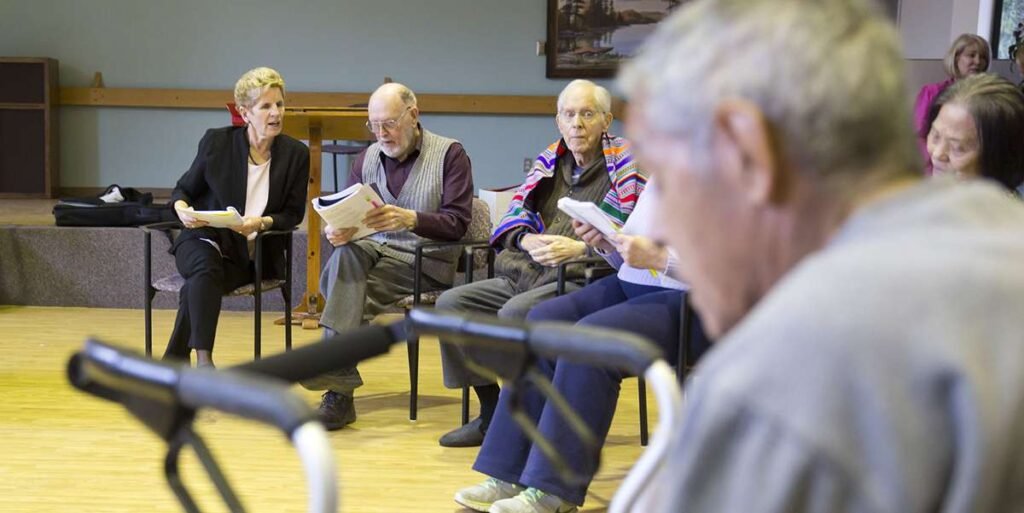
Stages of dementia symptoms: mild cognitive impairment, early, middle and late stages of dementia
According to dementia stages, it can be divided into mild cognitive impairment, early stage, middle stage, and late stage of dementia. The degeneration time of each patient is different. Sometimes the symptoms will improve, and sometimes they will suddenly worsen.
From mild cognitive impairment to advanced stage, the average course of the disease is about 8-10 years, but the degeneration time of each person is unknown. It may be as short as 2 years, and it can last as long as 20 years.
The following describes the development of each dementia course:
- Mild cognitive impairment: It is a transitional stage from normal aging to dementia, and about 10%~15% of mild cognitive impairment will develop into dementia every year. Patients may experience symptoms of mild forgetfulness and trouble with more complex tasks, but simple daily tasks are not affected.
- Early stage of dementia (mild): Because the symptoms are quite mild, the appearance and behavior of the patient are no different from ordinary people, so they are often ignored and delay seeing a doctor. In the early stages of dementia, patients usually cannot remember what happened recently, and they ask their relatives and friends repeatedly, but they can remember the memories of their youth clearly. In addition, patients’ judgment and work ability may gradually weaken, and they cannot handle more complex things in daily life, such as deposits and withdrawals in the bank.
- Middle stage of dementia (moderate): In the middle stage, the patient’s judgment and living ability will gradually decline, and it will become more difficult to deal with daily affairs. Common symptoms include inability to distinguish seasons, failure to recognize familiar relatives and friends, insomnia, abnormal mood swings, personality changes, and even basic living abilities such as self-cooking, laundry, and personal cleaning and sanitation may cause problems.
- Late stage of dementia (severe): Patients at this stage have almost complete loss of memory, can’t remember important things in life, day and night are reversed, can’t communicate with family members in a simple way, can’t distinguish the environment at home, and even forget who they are. More seriously, they lack judgment and understanding. In addition, patients with advanced dementia may also suffer from degeneration of limb muscle strength due to long-term lack of exercise, need to stay in bed for a long time, and completely rely on the care of family members.
Books for Taking Care Dementia
What I Wish People Knew About Dementia
What can a diseased brain tell us about being human, living our own lives better and helping those with dementia get the best from theirs?
When Wendy Mitchell was diagnosed with young-onset dementia at the age of fifty-eight, her brain was overwhelmed with images of the last stages of the disease – those familiar tropes, shortcuts and clichés that we are fed by the media, or even our own health
Somebody I used to Know
How do you build a life when all that you know is changing? How do you conceive of love when you can no longer recognise those who mean the most to you? A phenomenal memoir, Somebody I Used to Know is both a heart-rending tribute to the woman Wendy Mitchell once was, and a brave affirmation of the woman dementia has seen her become.
Understanding Behaviour Dementia Challenges
As people grow older, their physical and psychological needs become more complex. Unmet needs often result in challenging behaviour, particularly if the person suffers from dementia. Ian Andrew James looks beyond the behaviour itself to the causes behind it, suggesting both medical and non-pharmalogical approaches to lessening suffering and improving quality of life
Supplement to Improve Dementia
-
Benefit of Vitamin E
- Beneficial for non-alcoholic fatty liver disease NAFLD
- Prevention of prostate cancer
- Beneficial for blood lipid regulation
- Decreases inflammation: C-reactive protein
- Reduce the risk of senile cataracts
- Beneficiary to myocardial infarction.
- Beneficial for dementia (especially Alzheimer’s)
- Beneficial for seasonal allergic rhinitis
-
1. Maintain Heart Health
2. Treat Mental Illness
3. Help Lose Weight
4. Support eye health
5. Relieve rheumatoid arthritis symptoms
6. Maintain skin health
7. Helps baby vision and hand-eye coordination
8. Reduce liver fat
9. Improve symptoms of depression
10. Improve ADHD in children
11.Improve memory in the elderly
12. Improve asthma symptoms and allergy risk
13. Improve bone health
Supplement for Brain Health
-
Benefit of Alpha-Lipoic Acid
- Scavenge free radicals, prevent skin aging, and improve skin damage
- Reduce and prevent wrinkles, improve skin luster and elasticity
- Improve dark circles and enlarged pores
- Lipoic acid regenerates vitamins C, E, coenzyme Q10 that have lost their antioxidant capacity, and enhances antioxidant levels
- Improve memory decline and promote brain health
- Lipoic acid helps maintain liver health
- Lipoic acid has a protective effect on the retina
- This product may help stabilize blood sugar
- Lipoic acid is extremely important for energy production
- Lipoic acid can regenerate by itself and has a long-lasting effect.
-
1. Promote methyl transfer
2. Promote the development and maturation of red blood cells, keep the body’s hematopoietic function in a normal state, prevent pernicious anemia; maintain the health of the nervous system
3. In the form of coenzyme, it can increase the utilization rate of folic acid and promote the metabolism of carbohydrates, fats and proteins
4. It has the function of activating amino acids and promotes the biosynthesis of nucleic acids, which can promote the synthesis of proteins, which plays an important role in the growth and development of infants and young children.
5. Metabolize fatty acids so that fats, carbohydrates, and proteins are properly used by the body
6. Eliminate irritability, concentrate, enhance memory and balance
7. It is an indispensable vitamin for the healthy functioning of the nervous system and participates in the formation of a lipoprotein in the nervous tissue
-
Benefits of Boron
- Anti-inflammatory effects.
- Help alleviate arthritis.
- Improve brain function.
- Has anticancer effects.
- Boronated compounds used in the treatment of several types of cancer.
- Maintain bone density.
- Accelerate the healing of fractures.
- Relieve rheumatoid arthritis symptoms.
- Adjusting your body’s natural production of testosterone and estradiol, a type of estrogen.
-
1. Improve immune system function.
2. Maintain the function of joint movement.
3. Balance normal blood sugar levels.
4. Rich in antioxidants to absorb harmful free radicals.
5. Helps maintain normal levels of cholesterol.
6. Maintain healthy lung function
7. Improve mental clarity
8. Reduce stress and overcome depression
9. Improve the sexual function and prevent erectile dysfunction.£18.91 -
Benefit of Maca
- It is good for bone health
- Improve Chronic Mountain Sickness
- Improves sperm quality and promotes fertility
- Improve female sexual dysfunction
- Beneficial athletic performance
- Improves erectile dysfunction
- Increases male sexual desire
- Boosts reproductive hormones such as testosterone
- Improves Cognitive Function
- Beneficial for Prostate Fat
Most Useful Accessories For Dementia
Wireless Floor Pressure Mat & Pager Set
- Used at home to prevent falls & wandering
- Stepping on the mat will cause the bleeper pager to activate from anywhere in the home
- Can be placed next to a bed. Anti-slip base included.
- Bleeper pager vibrates, flashes and bleeps
Talking Photos Album
- Record a separate message on each page using the built-in microphone. Re-record as many times as you wish.
- Each of the 20 pages will hold a single photo in a clear pocket, 5×7 inches, (125x175mm). Each page has an individual Play/Pause button.
- Total recording time of 6 minutes, set at 18 seconds per page. Playback via the built-in speaker.
- Bring your memories back to life by adding a new dimension to your photographs. Create your own talking books for speech and language projects in school. Create speaking and listening activities and display classroom projects.
- Also ideal for people with Dementia, Alzheimer’s or Huntington’s Disease. Display family photos, audible instructions, medication management, daily reminders and procedures.
CPR Guardian III Personal Alarm for Elderly
- FREE SETUP AND TECHNICAL SUPPORT – The CPR Guardian Watch arrives with a pre-installed SIM which provides maximum mobile coverage at all times by intelligently switching between mobile networks based on the best available signal; Please check you have a 2G signal and you activate the SIM card by signing up for either the Bronze, Silver or Gold service plans; Just contact us on the number on the box and we will do everything for you
- FALL DETECTION – is designed to automatically detect a serious fall and raise an alert, Confirmation that an alert has been raised will be given by the watch asking if the user is OK. To cancel an alarm, the user must press NO on the watch screen
- SOS EMERGENCY ASSIST BUTTON – In the event of an emergency, the wearer will be able to voice call and alert the designated SOS contact by holding the red SOS button; The GPS location of the wearer will also be sent to the Guardian Monitoring APP
- SMART LOCATION TRACKING & GEO ZONES – Built-in GPS tracking on the dementia wandering alarm ensures accurate outdoor location tracking and estimated location tracking when indoors; Receive alerts every time the wearer enters or leaves a Geo-Zone
- TWO WAY PHONE CALLING & VOICE MESSAGING – Make and receive voice calls to friends and family almost anywhere in the world without the need of a mobile phone; Send and receive voice messages to friends and family
Robin, 2022 Version, Digital Day Clock
- Ultimate clarity – The 8 inch crystal clear high definition color display ensures a sharp, crisp image displaying the full color spectrum with a 170° viewing angle that can be seen from all sides of the room. Choose from custom or preloaded display themes
- Reconstructed design – Thoughtfully developed user interface and easy-access side buttons make this clock ideal for seniors. The smart design allows for placement in the bedroom, kitchen or bathroom and a sleep button is perfect for those midday naps
- Alarms, reminders and custom messaging – Create as many alarms as you need. Easily adjust the volume, length, sounds and messaging. Automatically adjusts for daylight saving time with a worldwide schedule built in. Adjust each alarm and message separately
- Talking clock – One touch button announces the day and time in a loud, clear voice. You can also schedule periodic time announcements, as well as screen reminders such as birthdays, events and holidays. Choose from 20+ preloaded events or write your own. This day clock also has battery back up a in case of a power outage, it automatically resets to the correct time and date when the power returns
- The perfect gift – The packaging and manual do not include words such as ‘dementia’ and ‘memory loss’. Makes for a perfect retirement gift to sensitive elders or loved ones. Enjoy US customer service, and US based phone support. Additionally, the clock is equipped with a battery backup, one-touch sleep button, one-touch talking clock button, and many other unique features that are exclusive to our clock.




